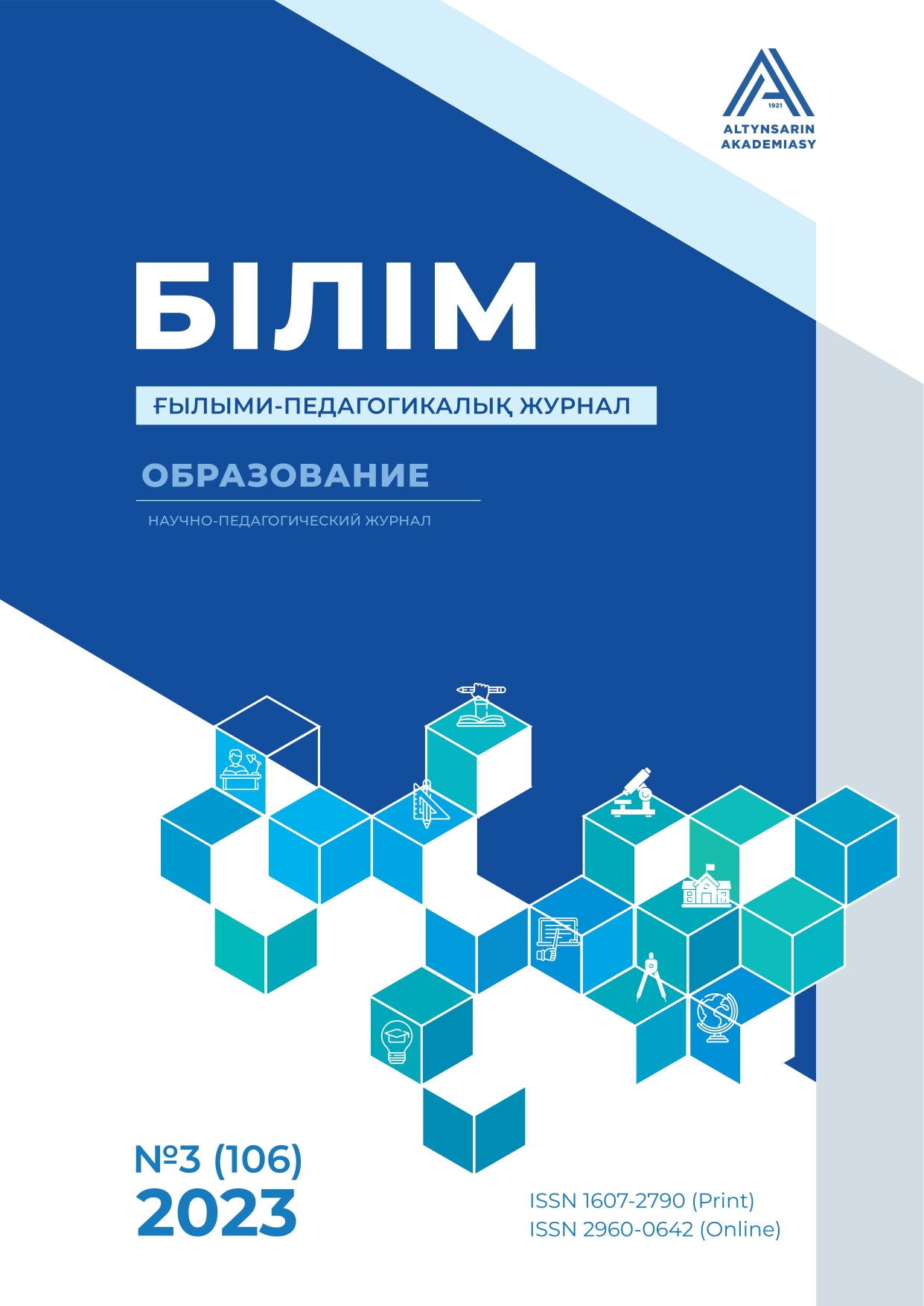Development of inclusive education: a comprehensive evaluation of state programs of Kazakhstan 2011-2021, using big data analysis
DOI:
https://doi.org/10.59941/2960-0642-2023-3-192-198Keywords:
inclusive education, equity, children with special educational needs, big dataAbstract
Over the past decade, secondary schools in Kazakhstan have undergone a transformational process marked by modernization, transition to a new curriculum, digitalization and content renewal. However, this evolution has been paralleled by a deeper goal of striving for inclusion. This article presents a comprehensive evaluation of state programs for the development of inclusive education in the Republic of Kazakhstan from 2011 to 2021. The evaluation was conducted using mixed methods and includes desk-based data analysis, secondary data analysis and qualitative data collection through interviews, focus groups and natural processing language analysis of open sources. The article highlights favorable conditions for the development of inclusive education, including political support, changing societal attitudes, and a shift to a biopsychosocial approach. However, the evaluation also identified bottlenecks that require systemic improvements, such as limited funding for preschool education and a lack of coordination between agencies and organizations. It concludes with key recommendations, including strengthening early development policies, improving conditions in preschool education, developing integrated services, and providing professional development for teachers. These recommendations focus on creating a more equitable and inclusive educational environment that promotes the diverse development of all children, including those with developmental disabilities.
 ҚАЗ
ҚАЗ РУС
РУС ENG
ENG
